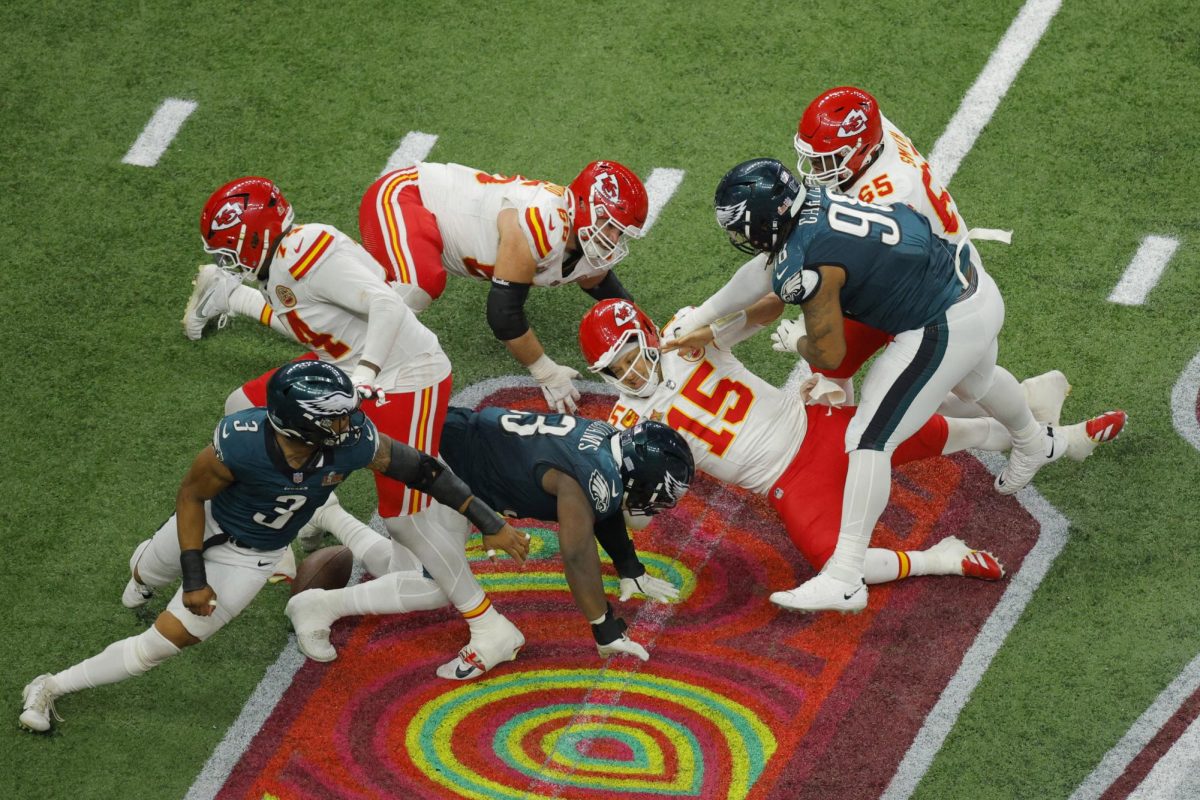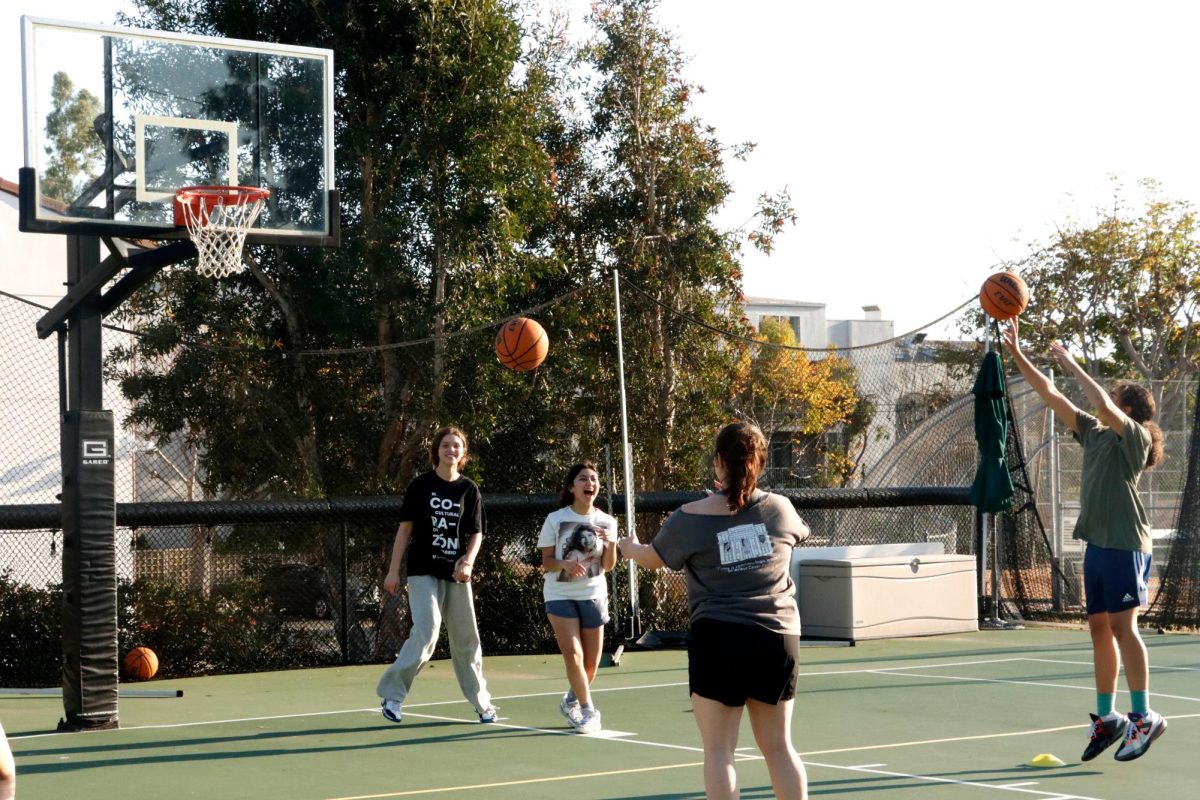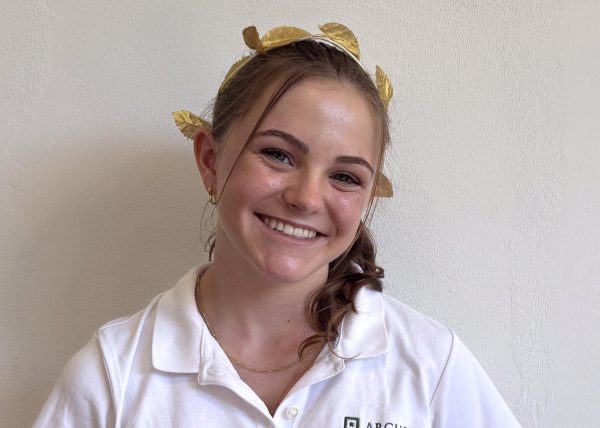There are an estimated 300,000 sport-related concussions recorded in the United States each year, according to The National Library of Medicine. Archer’s annual Athlete Concussion Testing took place Wednesday, Dec. 11, for middle school athletes and Friday, Dec. 13, for upper school athletes, in the library. Student athletes playing winter and spring season sports, such as basketball and softball, were tested on their memory and comprehension.
The Mayo Clinic defines a concussion as “a mild traumatic brain injury that affects brain function.” Concussions are often short-term and can include symptoms like headaches, memory trouble and trouble balancing.
Athletics Director Kim Smith implemented athlete concussion testing at Archer in 2021. Smith said the purpose of concussion testing is to find a baseline of cognitive functioning for all student-athletes so that the appropriate measures can be taken if a sports-induced concussion occurs.
“If athletes have a concussion during their sports season at Archer, then we have a starting point for their brain activity,” Smith said. “So now they’re able to assess, sort of the the level of damage that has happened in that within that concussion.”
Seventh grader Charlie Bennett plays basketball at Archer and said, having some concerns about the possibility of having a concussion in the past, she now feels like she would be well taken care of if she were to experience one. She said that the test asked a series of memory questions.
“The questions consisted of counting backward from 25, then you had to remember shapes, then you had to remember the letters that they gave you, and then words,” Bennett said. “They gave you stuff at the beginning of the test that you had to remember at the end.”
As stated by the National Institutes of Health, “Contact sports such as American football, rugby, soccer, boxing, basketball and hockey are associated with a relatively high prevalence of concussion.” Equestrians are also at high risk for concussive injury as “almost half of equestrian riders (44%) experienced concussions during their careers,” according to the National Library of Medicine. Smith said that the sport with the most reported concussions at Archer is soccer. She said this happens most often with soccer players when they are heading the ball.
“We have the most within soccer. A lot of the concussions happen in their club sports. Often the club schedule is more intense than the high school season for games for competition,” Smith said. “So most concussions tend to happen off campus.”
Cece Raskind (’30), an Archer equestrian, said she has never had a concussion but has come close a few times after falling off her horse. However, she did know a fellow equestrian who got a concussion and, afterward, found it very difficult to look at computer screens.
“I think concussions can definitely be very serious,” Raskind said. “I think it’s important to know when somebody has it so they can have the right tools to come back to school. I think it’s also good for safety, of course.”
Heading into contact sports season, Smith said it is important to have an accurate baseline to ensure that all athletes are being monitored.
“We value our students’ brains, and we want to make sure that we’re looking out for them and taking care of them,” Smith said. “We are headed into contact sports season and want to make sure if they do have a concussion, that they’re appropriately taken care of.”



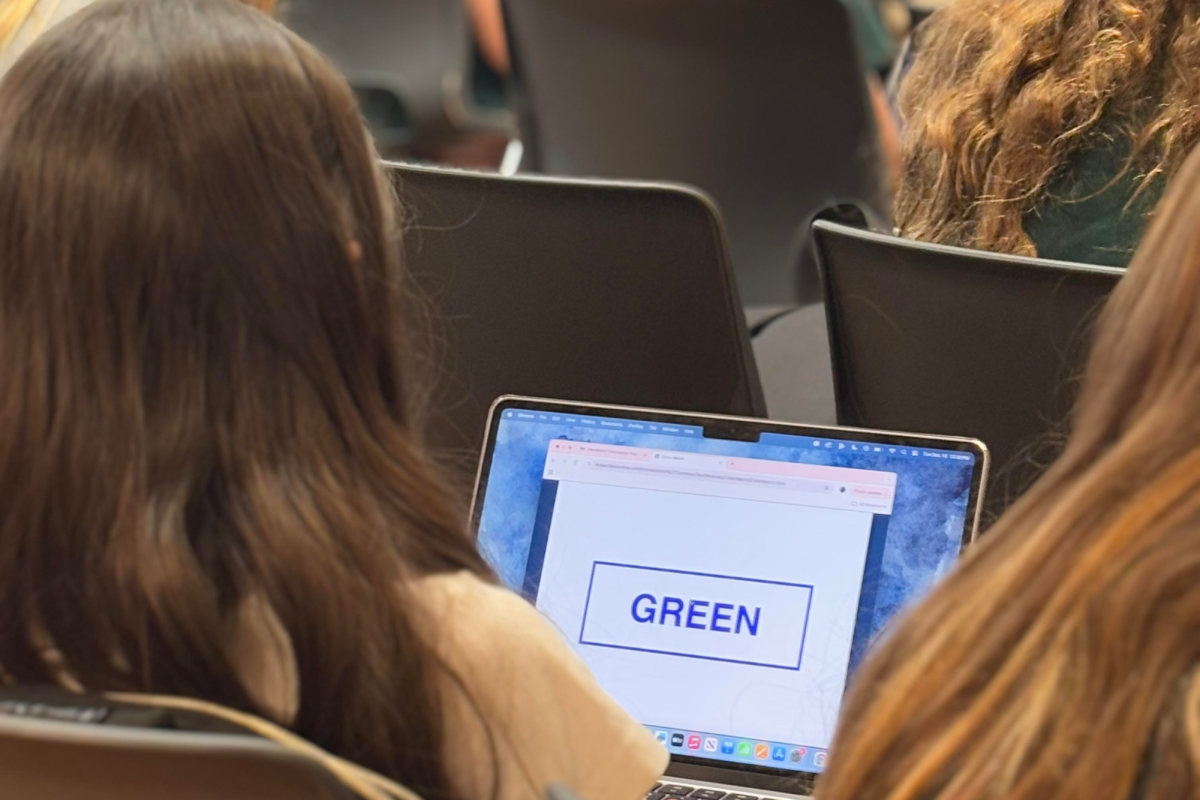

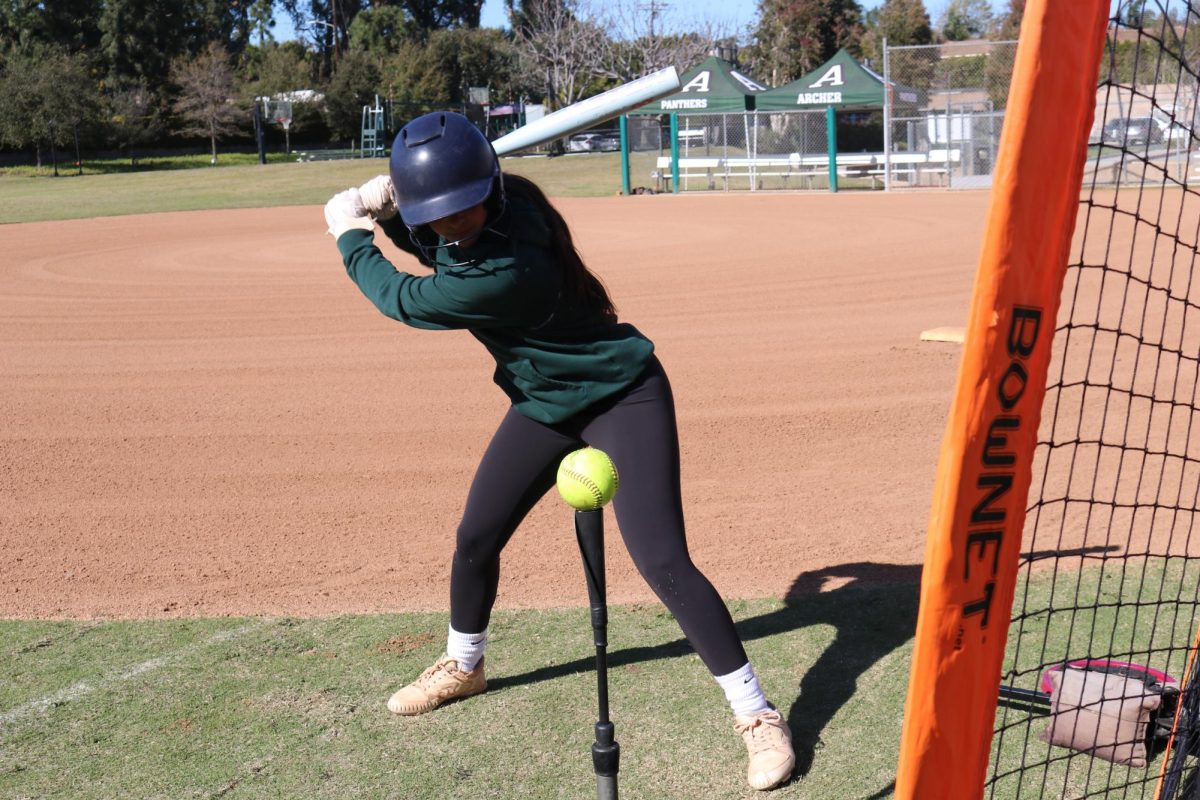
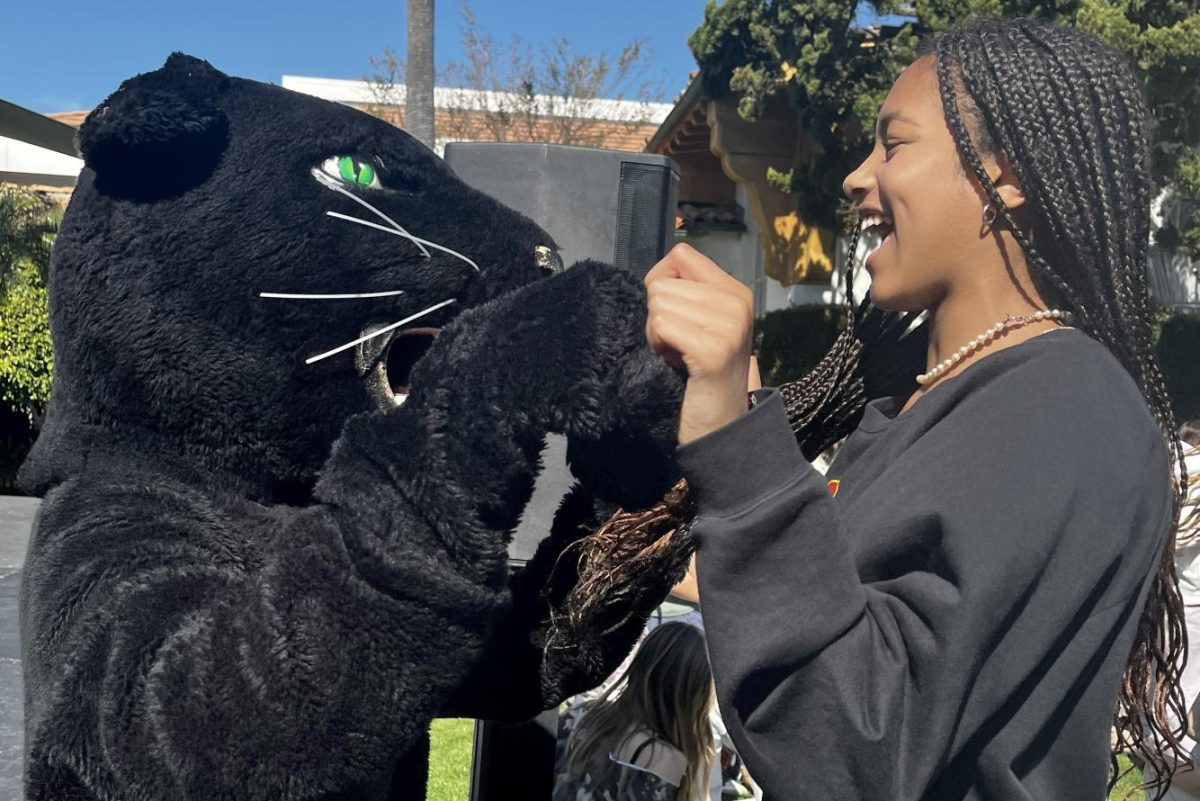
![Laila Boodell ('28) gently hugs her show horse, Calvin, while on a walk around her barn. "[Calvin] is gigantic, but he's like a little puppy," Boodell said. "He's insanely obedient."](https://archeroracle.org/wp-content/uploads/2025/02/MG_0073-1200x800.jpg)
